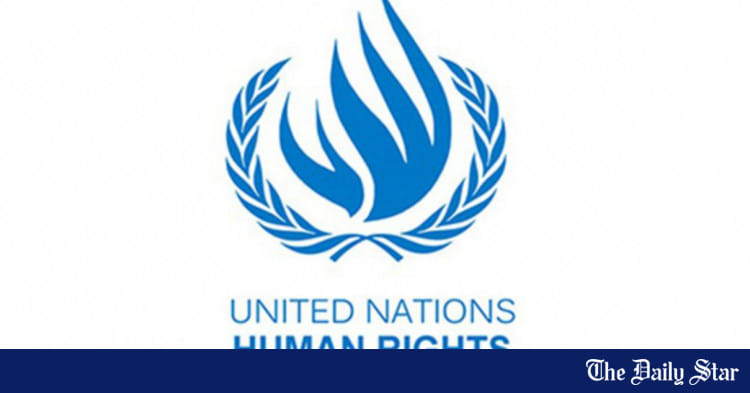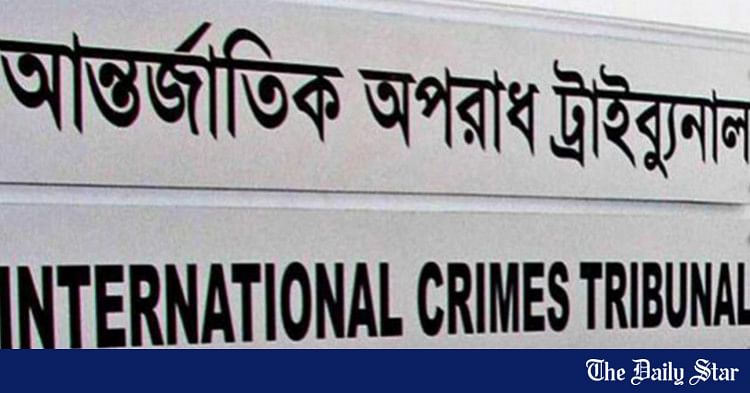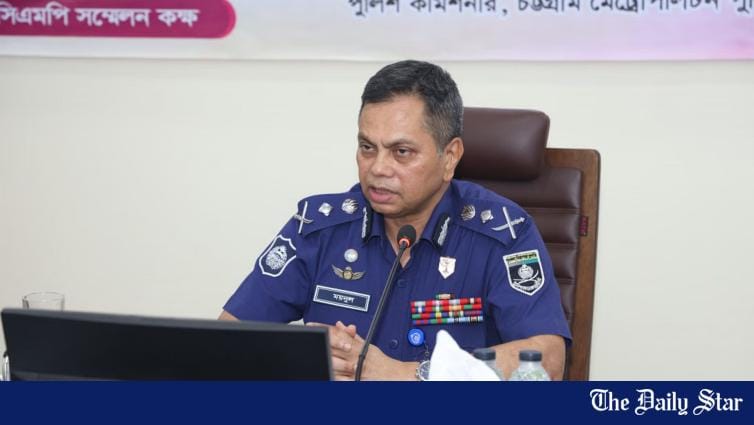Saif
Senior Member
- Messages
- 17,408
- Likes
- 8,373
- Nation

- Residence

- Axis Group


UN fact-finding team calls for first-hand info on human rights violations during July-August movement
At the invitation of the interim government, a UN Human Rights Office fact-finding team is conducting an independent investigation into alleged human rights violations centring the student-led protests and its fallout
UN fact-finding team calls for first-hand info on human rights violations during July-August movement

The fact-finding team of the UN Human Rights Office have invited individuals, groups, and organisations to provide first-hand information, that is not already in the public domain, of human rights violations and abuses committed between July 1 and August 15.
Submissions should be sent to OHCHR-FFTB-Submissions@un.org, said a press release.
At the invitation of the interim government, a UN Human Rights Office fact-finding team is conducting an independent investigation into alleged human rights violations centring the student-led protests and its fallout.
The fact-finding team is mandated to establish facts, identify responsibilities, analyse root causes, and make concrete recommendations for Bangladesh to address past human rights violations and prevent their recurrence, a press release said here today.
The team also plans to conduct interviews with victims, law enforcement officers, medical practitioners, and witnesses.
The fact-finding is not a criminal investigation and is conducted independently of any national criminal justice process.
The fact-finding process is strictly confidential. The team will not be conducting any media interviews during the investigation phase. We appeal for respect for the confidentiality of the fact-finding process.
After its on-site examination and data analysis, the UN Human Rights Office will publish a detailed human rights report containing key findings, conclusions, and recommendations.
The fact-finding team of the UN Human Rights Office have invited individuals, groups, and organisations to provide first-hand information, that is not already in the public domain, of human rights violations and abuses committed between July 1 and August 15.
Submissions should be sent to OHCHR-FFTB-Submissions@un.org, said a press release.
At the invitation of the interim government, a UN Human Rights Office fact-finding team is conducting an independent investigation into alleged human rights violations centring the student-led protests and its fallout.
The fact-finding team is mandated to establish facts, identify responsibilities, analyse root causes, and make concrete recommendations for Bangladesh to address past human rights violations and prevent their recurrence, a press release said here today.
The team also plans to conduct interviews with victims, law enforcement officers, medical practitioners, and witnesses.
The fact-finding is not a criminal investigation and is conducted independently of any national criminal justice process.
The fact-finding process is strictly confidential. The team will not be conducting any media interviews during the investigation phase. We appeal for respect for the confidentiality of the fact-finding process.
After its on-site examination and data analysis, the UN Human Rights Office will publish a detailed human rights report containing key findings, conclusions, and recommendations.







